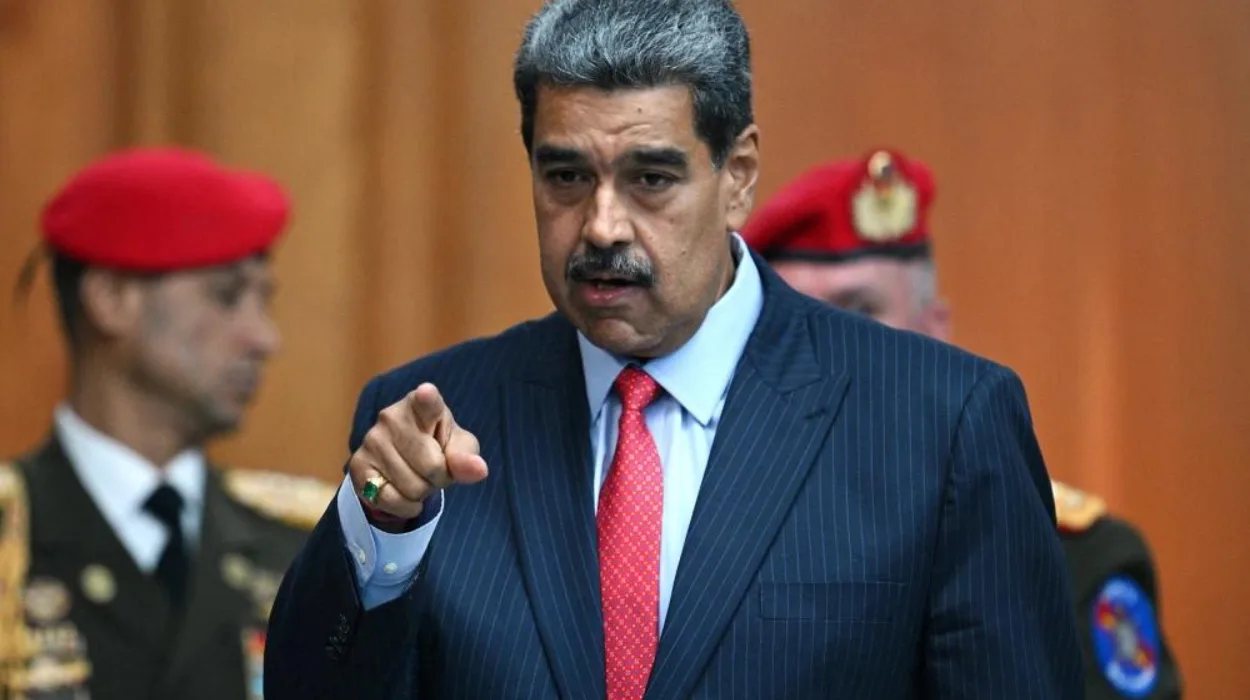USA (Washington Insider Magazine) – Diplomatic efforts led by Brazil, Mexico, and Colombia to mediate the ongoing political crisis in Venezuela have stalled as President Nicolás Maduro solidifies his hold on power. Initially supported by both U.S. and Venezuelan opposition figures, the intervention by these Latin American leaders was a significant shift from their previous non-interventionist stance.
The “Three Amigos,” Luiz Inácio Lula da Silva of Brazil, Andrés Manuel López Obrador of Mexico, and Gustavo Petro of Colombia, took up this prominent diplomatic endeavor, defying decades of cautious foreign policy against Venezuela. The three sought to resolve the contentious results of Venezuela’s presidential election by advocating for an open and honest vote tallying process and delaying the announcement of Maduro’s win until all information had been provided.
Despite their early engagement, recent developments have dampened hopes for a successful resolution. Analysts point to internal disagreements, a lack of clear commitment from the involved leaders, and external pressures, including U.S. demands for democratic reforms, as factors undermining the mediation efforts.
Challenges and Shifting Strategies
Critics argue that the mediation has primarily focused on avoiding conflict rather than addressing democratic deficiencies. The effort to mediate has also been hampered by Mexico’s outgoing administration’s uncertainties and the ongoing Venezuelan government’s suppression of opposition voices. Recent comments by López Obrador and Lula have sparked frustration, with some suggesting that their commitment to genuine democratic transition is waning.
U.S. Role and Sanctions
According to NBCnews, The Biden administration, while vocal in condemning the election’s irregularities, has largely refrained from direct intervention, preferring to support diplomatic avenues while maintaining sanctions against Venezuela. These sanctions, along with a $15 million bounty for Maduro’s arrest, continue to exert pressure, though their effectiveness in prompting a political transition remains uncertain.
Experts note that while the Latin American mediation efforts represent a new approach, their success is uncertain given the entrenched nature of Maduro’s regime and the support it receives from international allies like Russia and China. The situation remains fluid, with continued diplomatic efforts needed to address the crisis effectively.


























